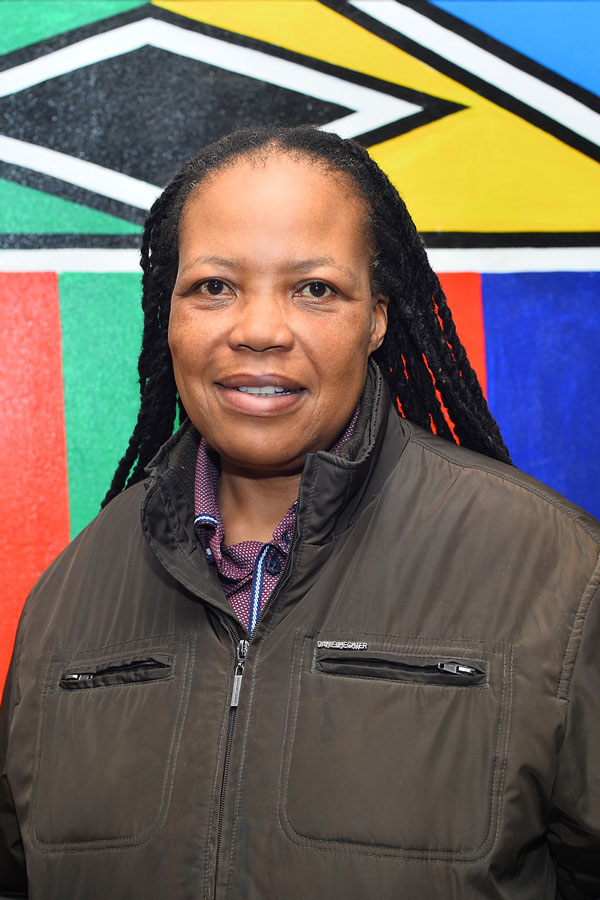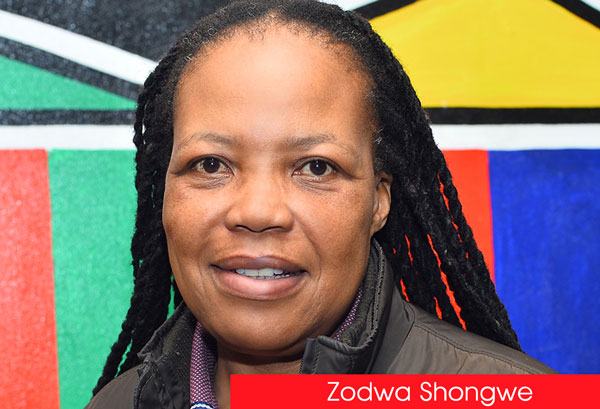Up Close and Personal with Zodwa Shongwe
Producer at the Market Theatre Foundation
In Today’s edition of the series marking Women’s Month, focusing on women leaders at the Market Theatre Foundation, CITYLIFE/ARTS editor EDWARD TSUMELE (ET) speaks to ZODWA SHONGWE (ZS), Producer at the Market Theatre Foundation.
ET You have varied experience in theatre, ranging from finance to project management, and of course, producing? How are these varied skills helping you in your current position as producer?
ZS: These are critical skills for planning and budgeting. As a producer, the crux of my responsibilities lies with understanding the Rands and Cents. Being able to allocate funds appropriately to the different production costs items. Understanding industry benchmarks and trends and aligning those to our budgets. The creatives that will be involved in a production and their experience and expertise that they will bring to a production. To be realistic in allocating for the various line items and consider the possible return on investment. This speaks directly to the revenue generation and numbers. I term this the “emotion-less creativity”. Focusing on what is financially realistic whilst enabling creativity to thrive.

The other aspect is understanding public finance management, accountability, effectiveness, and efficiency. These are key responsibilities in a public funded institution. Whilst there is a need for redress and providing access to performance spaces, this should be carried out in an effective and efficient manner that is financially prudent.
ET: From outside the arts people tend to be confused about the role of a producer and say, that of artistic director? What are the roles of a producer?
ZS: Planning, evaluating, and monitoring. These are big words that loosely define your role as producer: –
– Looks after the finances and manages how the budget is spent
– Negotiates and issues contracts
– Organises and manages technical, administration, and other support activities
– Agreeing to project and identifying possible funding sources, whether internal
or external
– Agreeing to production timelines
– Setting ticket prices and influencing the marketing strategy
– Holding regular meetings with directors, creative teams and artists
– Ensuring legal compliance such as copyright law, insurance liability, and other
factors.
– Reporting to relevant stakeholders
– Creating a storyline that supports the artistic vision
In a nutshell – the artistic director dreams and the producer implements and monitors the dream
ET: .The Market Theatre per year produces a lot of shows and that should be demanding on the producer, who needs to make sure that everything runs smoothly, and contracts are signed, and people get paid on time. How do you make sure that you copy with this kind of workload?
ZS: Passion for the work that we do. Commitment to the cause, understanding the various role-players, their responsibilities and their different dynamics,
Communication on a regular basis and being a team player. I look forward to each day as the creative space is constantly changing, most of all, the acknowledgement that this is not just a job, it is a calling.
ET: The work of a producer is not as glamorous as that of say, an actor or a director, but the role is at the centre of a theatre institution. What advice would you give to young females graduating from our universities who probably would not want to be a director or an actor, but exploring producing?
ZS: Be focused, pay attention to detail, understand and love the craft. Be clear about all aspects of production. Acquire finance skills, project management, communication skills and the ability to listen. Listen, ask, interrogate, understand, and see the bigger picture, the final product. In our case, it is not tangible, it is emotional, and it takes a lot to fulfil the soul, which is our role. Most of all enjoy the process.










